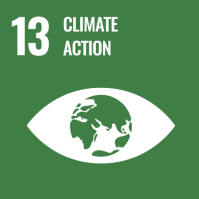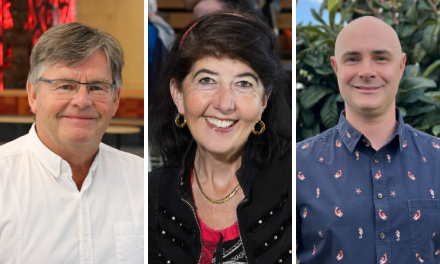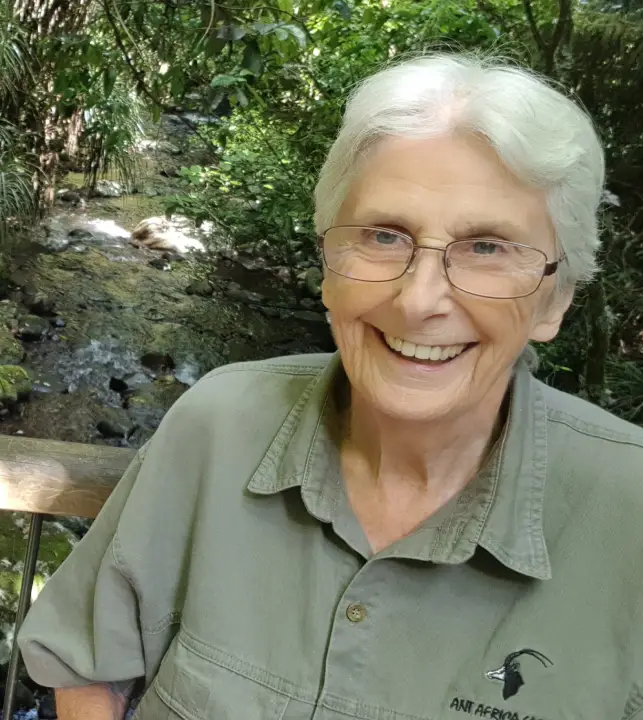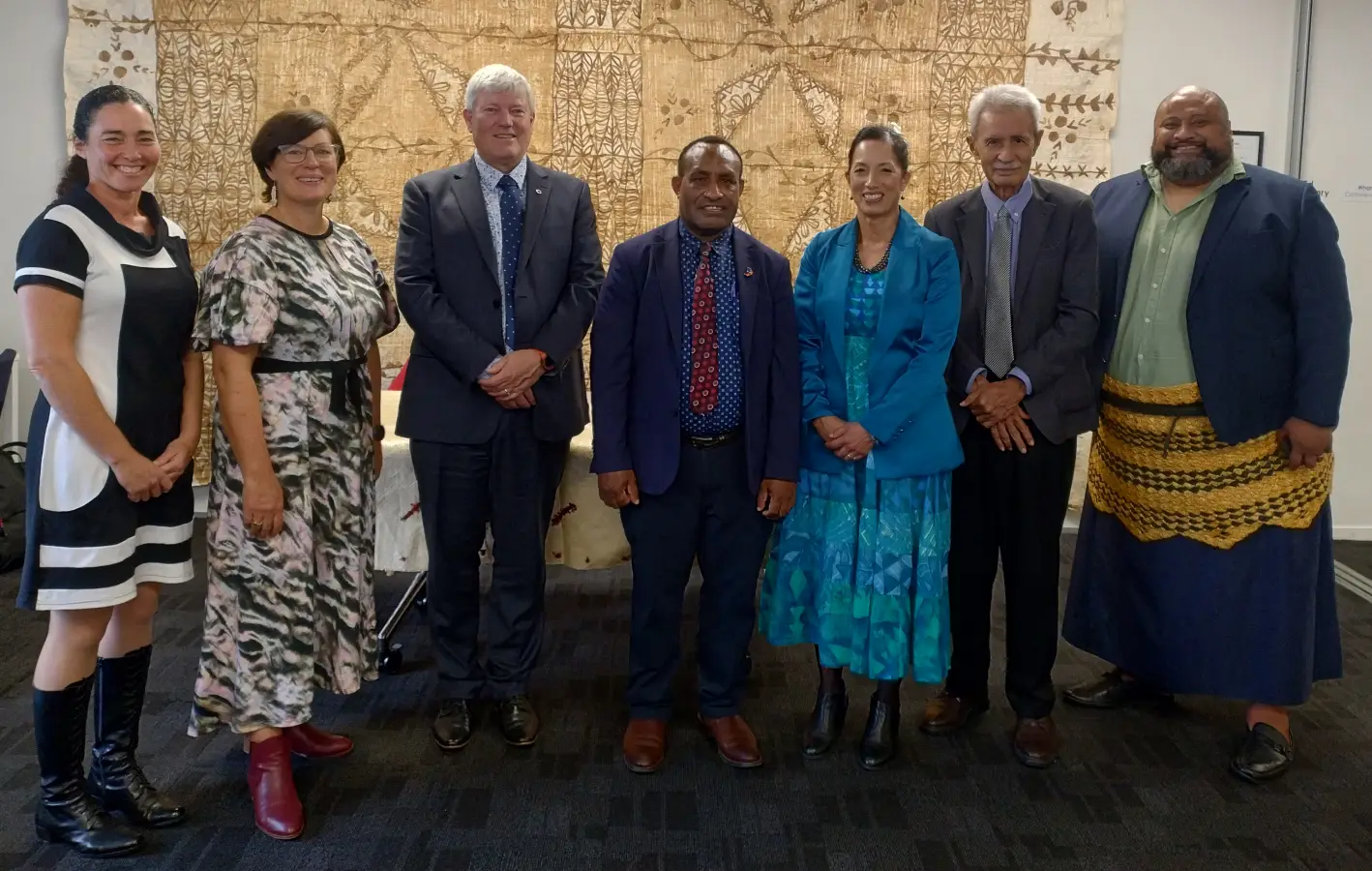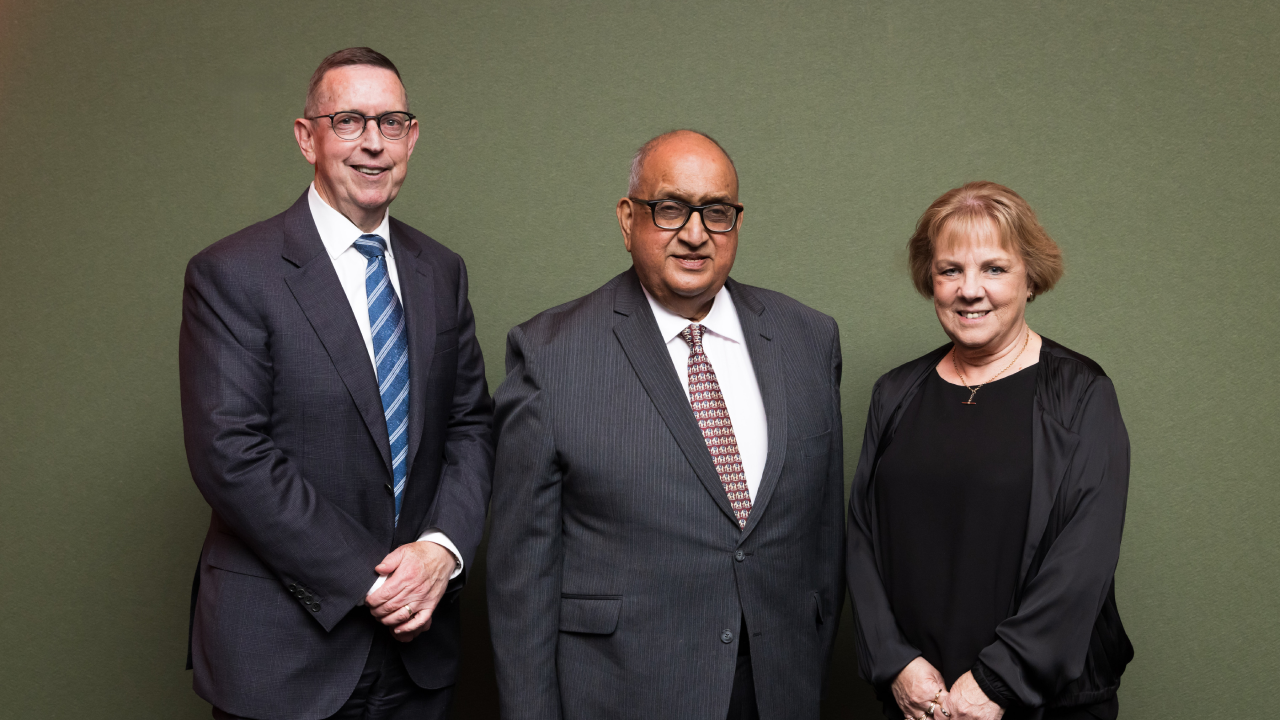Stories from Indigenous explorers in the Southern Ocean are being gathered by University of Waikato researchers to transform how our climate crisis is communicated.
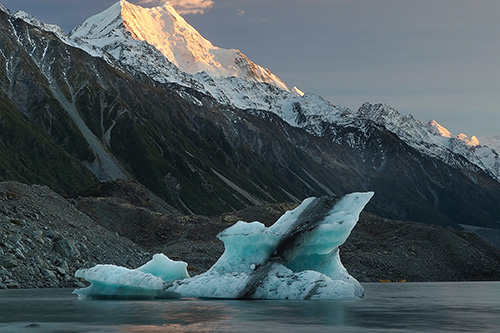
Indigenous stories about our frozen southern oceans are informing climate change research.
Indigenous stories about our frozen southern oceans are informing climate change research.
The research comes as the COP26 climate change conference concludes in Glasgow, Scotland.
Associate Professor Sandy Morrison from the Faculty of Māori and Indigenous Studies is leading a team of researchers gathering kōrero tuku iho (stories passed down) between Māori tribes from New Zealand’s South Island and the Chatham Islands.
These ancestral oral histories reveal early exploration in the Southern and Antarctic Oceans, a frozen ocean environment that Māori call Te Tai Uka a Pia.
Associate Professor Morrison says there is a historic underrepresentation of Indigenous perspectives, including mātauranga Māori (traditional Māori knowledge) in modern research conducted in the Antarctic and Southern Oceans.
“Māori have a fundamental connection to the environment, different from the Western perspective. We see the planet as part of an interconnected whole, not something we can dominate,” she says.
To adapt successfully to our changing climate, there was a need to understand, honour, and integrate Indigenous knowledge systems into climate adaptation projects.
“This is important, because Indigenious and Māori communities are disproportionately impacted by climate change.”
Stories gathered by Associate Professor Morrison’s team include one from the Ngāti Rārua and Te Ati Awa iwi (tribes) about the Polynesian explorer Hui Te Rangiora, who they say was the first person to voyage into the Southern Ocean.
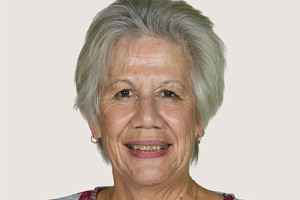
Associate Professor Sandy Morrison.
His story is remembered at the meeting house Tūrangapeke at Te Awhina marae at Motueka, at the top of the South Island. This is just one of many stories held by Māori, says Associate Professor Morrison.
The work is part of the New Zealand Government’s Deep South Science Challenge, and is designed to understand how changes in the frozen continent will impact the world, from global sea level rise to ocean circulation and weather patterns.
Associate Professor Morrison says uncovering and sharing ancestral narratives about the world’s southern oceans will improve engagement with Māori communities and allow them to develop their own climate change strategies and ensure they are better prepared for climate change impacts.
She says that climate change communication needs to be tailored to Indigenous communities.
“They are not going to sit down and read policy and reports. We must change the way we are delivering our messages on climate change, so they are targeted and accessible to our people if we want to create real understanding and change.”
The University of Waikato launched a new Bachelor of Climate Change degree earlier this year that combines scientific knowledge with understanding of economic, social and political systems and Māori and Pacific responses to climate change.
This affirms the University of Waikato’s commitment to the United Nations Sustainable Development Goals, specifically SDG 13 on Climate Action: the need to take urgent action to combat climate change and its impacts.
During the United Nations COP26 climate change conference, the University is hosting daily online reflections and panel discussions featuring local Indigenous and community leaders, academic researchers and other experts. Visit the UN Climate Change Conference COP26 - Waikato Event page to access live and recorded coverage.
This research aligns with the following United Nations Sustainable Development Goals:
